Hair and Skin Care
Vitiligo
Vitiligo is a disease that causes the loss of skin color in blotches. The extent and rate of color loss from vitiligo is unpredictable. It can affect the skin on any part of your body. It may also affect hair and the inside of the mouth. Normally, the color of hair and skin is determined by melanin. Vitiligo occurs when the cells that produce melanin die or stop functioning. Vitiligo affects people of all skin types, but it may be more noticeable in people with darker skin. The condition is not life-threatening or contagious.
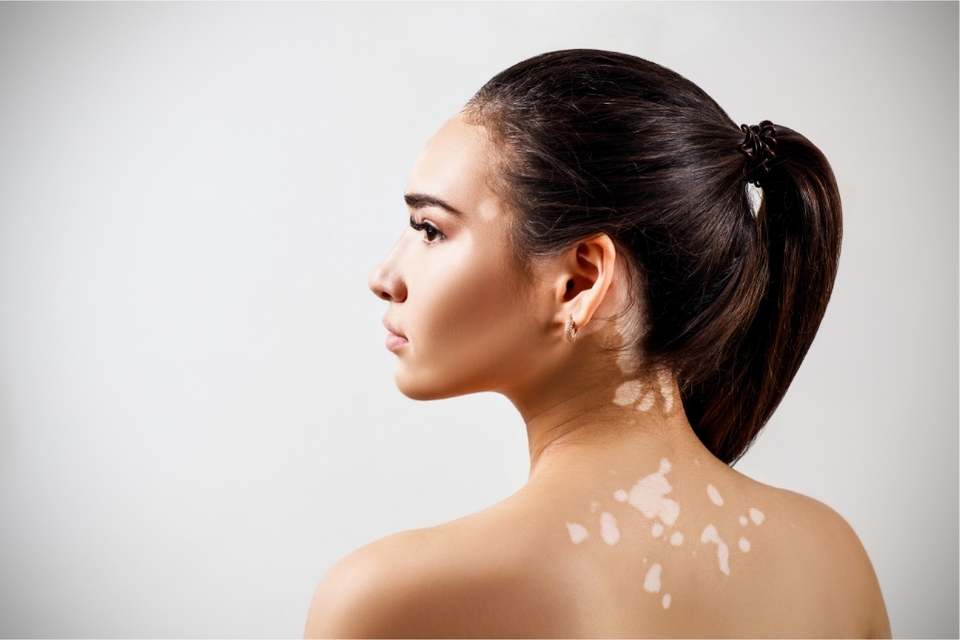
Urticaria
Urticaria, also known as hives, is an outbreak of swollen, pale red bumps or plaques (wheals) on the skin that appear suddenly -either as a result of the body's reaction to certain allergens, or for unknown reasons. Hives usually cause itching, but may also burn or sting. They can appear anywhere on the body, including the face, lips, tongue, throat, or ears. Hives vary in size (from a pencil eraser to a dinner plate), and may join together to form larger areas known as plaques. They can last for hours, or up to one day before fading.
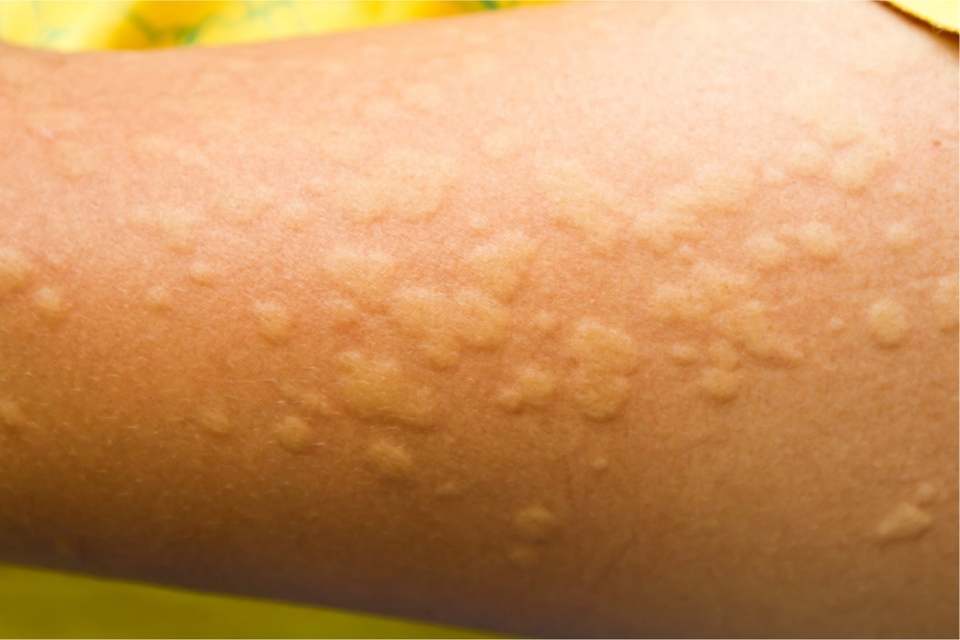
Psoriasis
Psoriasis is a chronic autoimmune condition that causes the rapid buildup of skin cells. This buildup of cells causes scaling on the skin’s surface. Inflammation and redness around the scales is fairly common. Typical psoriatic scales are whitish-silver and develop in thick, red patches. Sometimes, these patches will crack and bleed. Psoriasis is the result of a sped-up skin production process. Typically, skin cells grow deep in the skin and slowly rise to the surface. Eventually, they fall off. The typical life cycle of a skin cell is one month. In people with psoriasis, this production process may occur in just a few days. Because of this, skin cells don’t have time to fall off. This rapid overproduction leads to the buildup of skin cells. Scales typically develop on joints, such elbows and knees. They may develop anywhere on the body, including the: hands, feet, neck, scalp, face.

Hair Fall / Loss
Hair loss can affect just your scalp or your entire body. It can be the result of heredity, hormonal changes, medical conditions or medications. Anyone can experience hair loss, but it's more common in men. Baldness typically refersto excessive hair loss from your scalp. Hereditary hair loss with age is the most common cause of baldness. Some people prefer to let their hair loss run its course untreated and unhidden. Others may cover it up with hairstyles, makeup, hats or scarves. And still others choose one of the treatments available to prevent further hair loss and to restore growth.
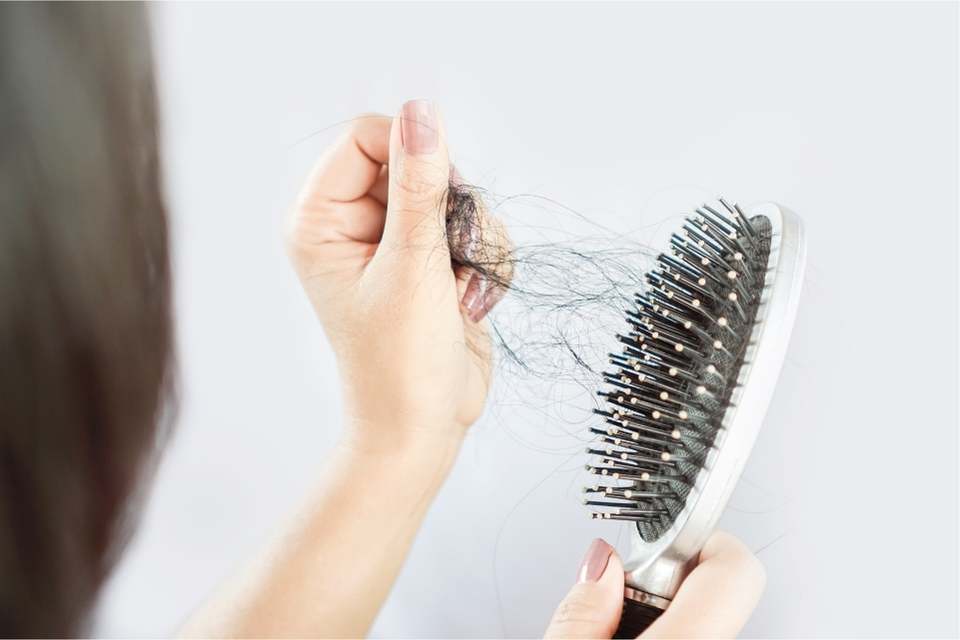
Allergy
Allergies occur when your immune system reacts to a foreign substance —such as Pollen, Dust mites, Mold spores, Pet dander, Food, Insect stings, Medicines. Your immune system produces substances known as antibodies. When you have allergies, your immune system makes antibodies that identify a particular allergen as harmful, even though it isn't. When you come into contact with the allergen, your immune system's reaction can inflame your skin, sinuses, airways or digestive system. The severity of allergies varies from person to person and can range from minor irritation to anaphylaxis — a potentially life-threatening emergency. While most allergies can't be cured, treatments can help relieve your allergy symptoms.
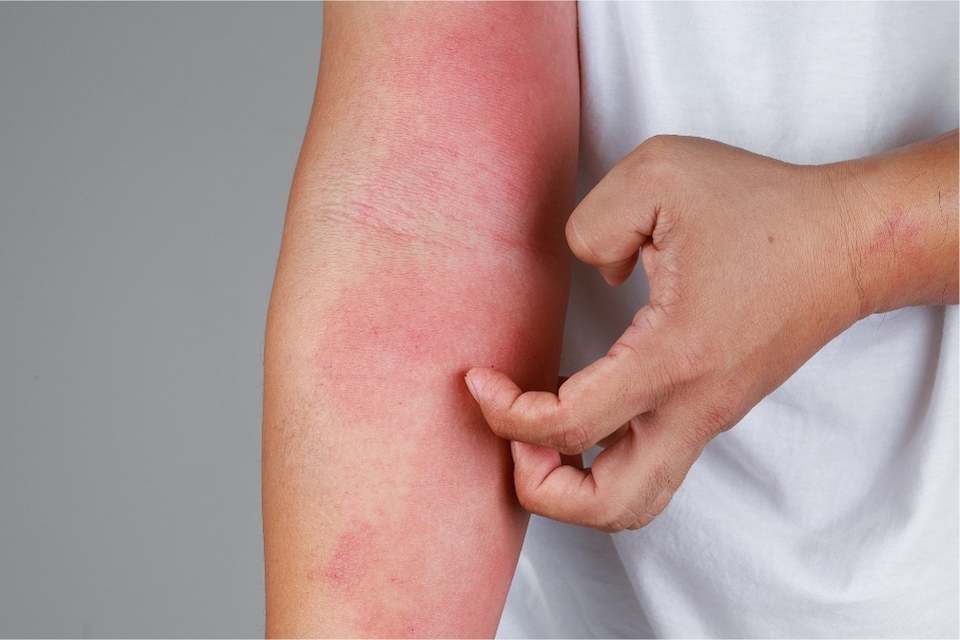
Dandruff
Dandruff is a skin condition that mainly affects the scalp. Symptoms include flaking and sometimes mild itchiness. It can result in social or self-esteem problems. A more severe form of the condition, which includes inflammation of the skin, is known as seborrhoeic dermatitis. The cause is unclear, but believed to involve a number of genetic and environmental factors. The condition may worsen in the winter. It is not due to poor hygiene. The underlying mechanism involves the excessive growth of skin cells. Diagnosis is based on symptoms.
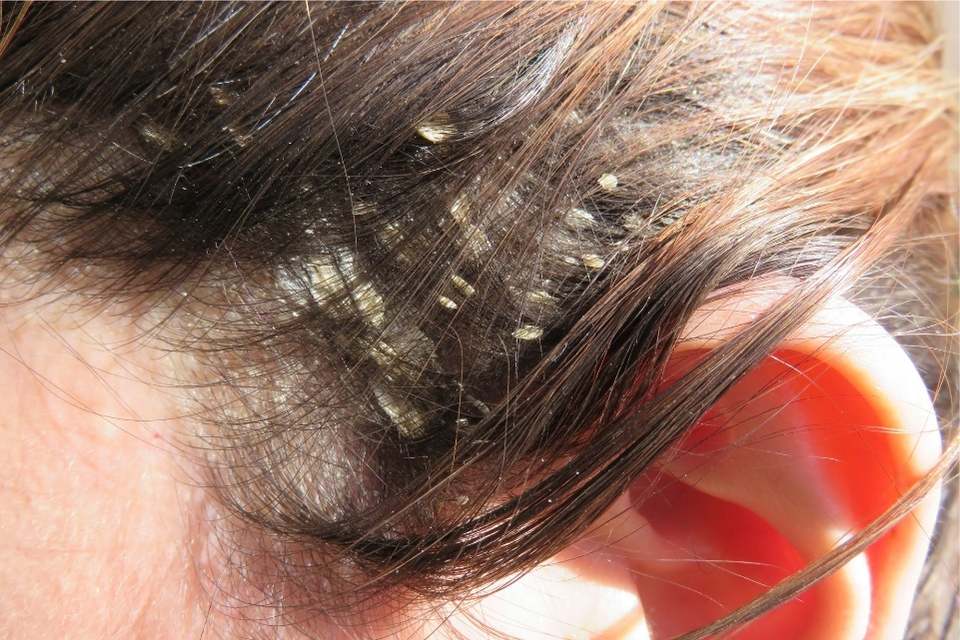
Atopic dermatitis (eczema)
Atopic dermatitis (eczema) is a condition that makes your skin red and itchy. It's common in children but canoccur at any age. Atopic dermatitis is long lasting (chronic) and tends to flare periodically. It may be accompanied by asthma or hay fever. No cure has been found for atopic dermatitis. But treatments and self-care measures can relieve itching and prevent new outbreaks.
